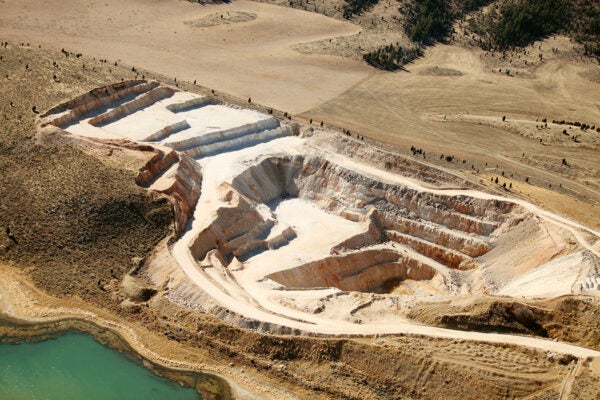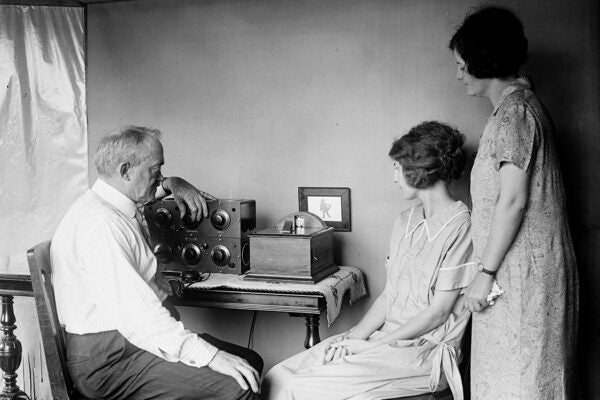Memory is a slippery substance. As David Shields writes, “Reality takes shape in memory alone…by its very nature memory is selective.” While the poets have pondered it (“Memory: the past rewritten in the direction of feeling,” Mark Doty) and science has studied it, memory remains a mysterious aspect of our minds. But how does it actually work?
Neuroscientists are still puzzling over how memory is stored long-term. Recently, a team of scientists at New York University identified the existence of a back-up plan for long-term memory storage, which takes over when the primary mode of storing memories for the long haul doesn’t exist.
Traditionally, when your mind files information away for a long period of time, some neurons—the ovular nerve cells with an elongated tail—change their structure. And the hundreds of billions of neurons in our brains are often found in different circuits. So these networks can be created or strengthened as your mind processes and remembers an event: when one neuron secretes chemicals that its neighbor can use. The more sharing that goes on between neurons, the stronger the relationship, and the stronger the imprint of a particular memory. In other words, the more often you remember a specific moment, the stronger the neuron-connection; the stronger the neuron-connection, the longer the memory will last.
But now, the researchers have found that our brain forms different memories using different proteins. One protein in particular, PKMζ (PKM zeta), is ordinarily produced and shuttled between neurons in the formation of long-term memories. But, when this protein is absent in mice, those rodents could still learn and form long-term memories, suggesting an alternative path as to which memories are filed away in the long-term. This new study shows that proteins related to PKMζ are responsible for this parallel process.
It’s fascinating to think that animals have evolved a “back-up” way to remember things, just in case. Imagine, for instance, if everything you read on the Internet was immediately filed away to a cloud database. That’s almost exactly what our brains are doing every time when a memory is filed away for the long-term. And you don’t even have to remember a password to access it.







